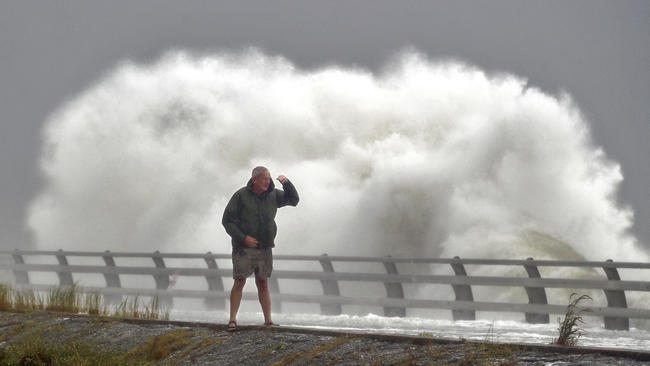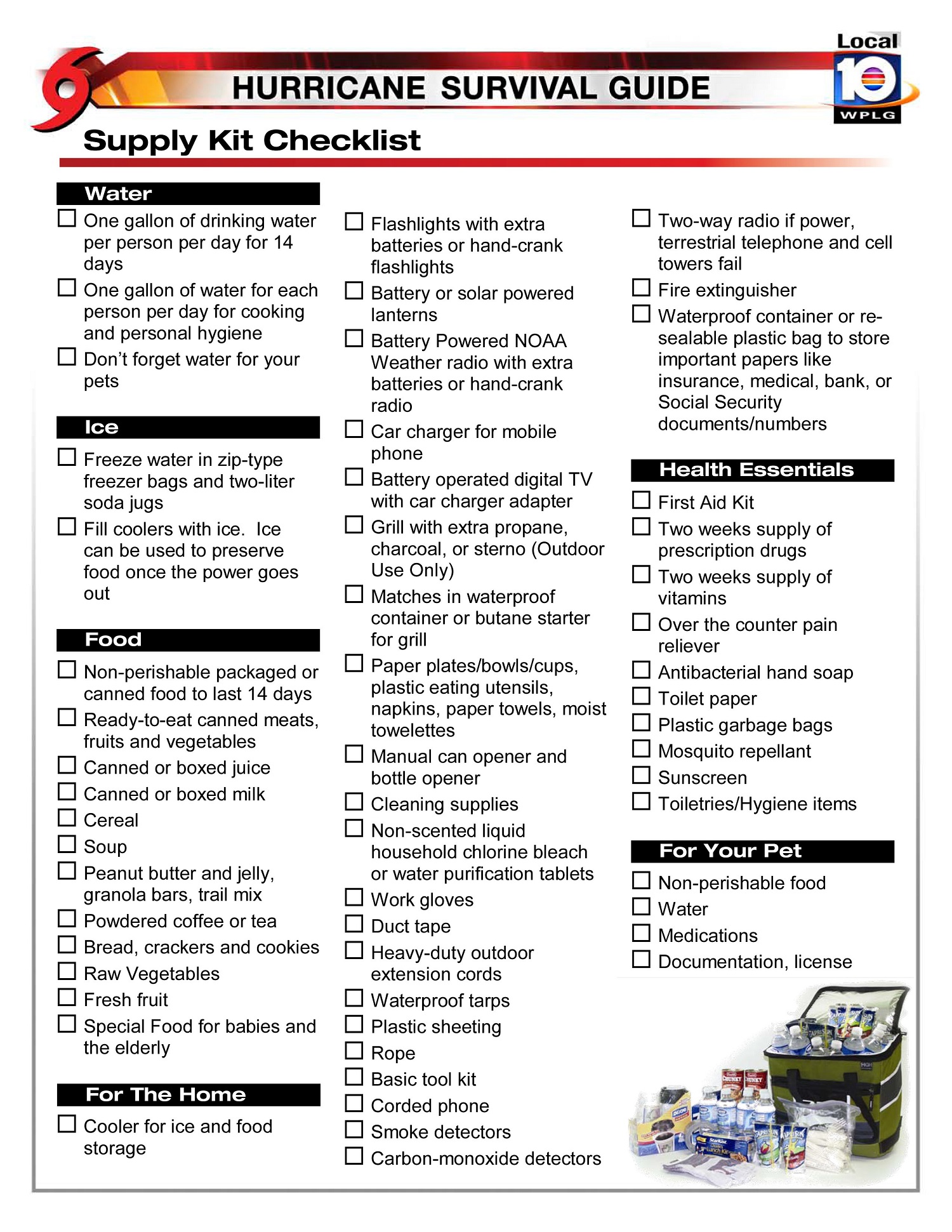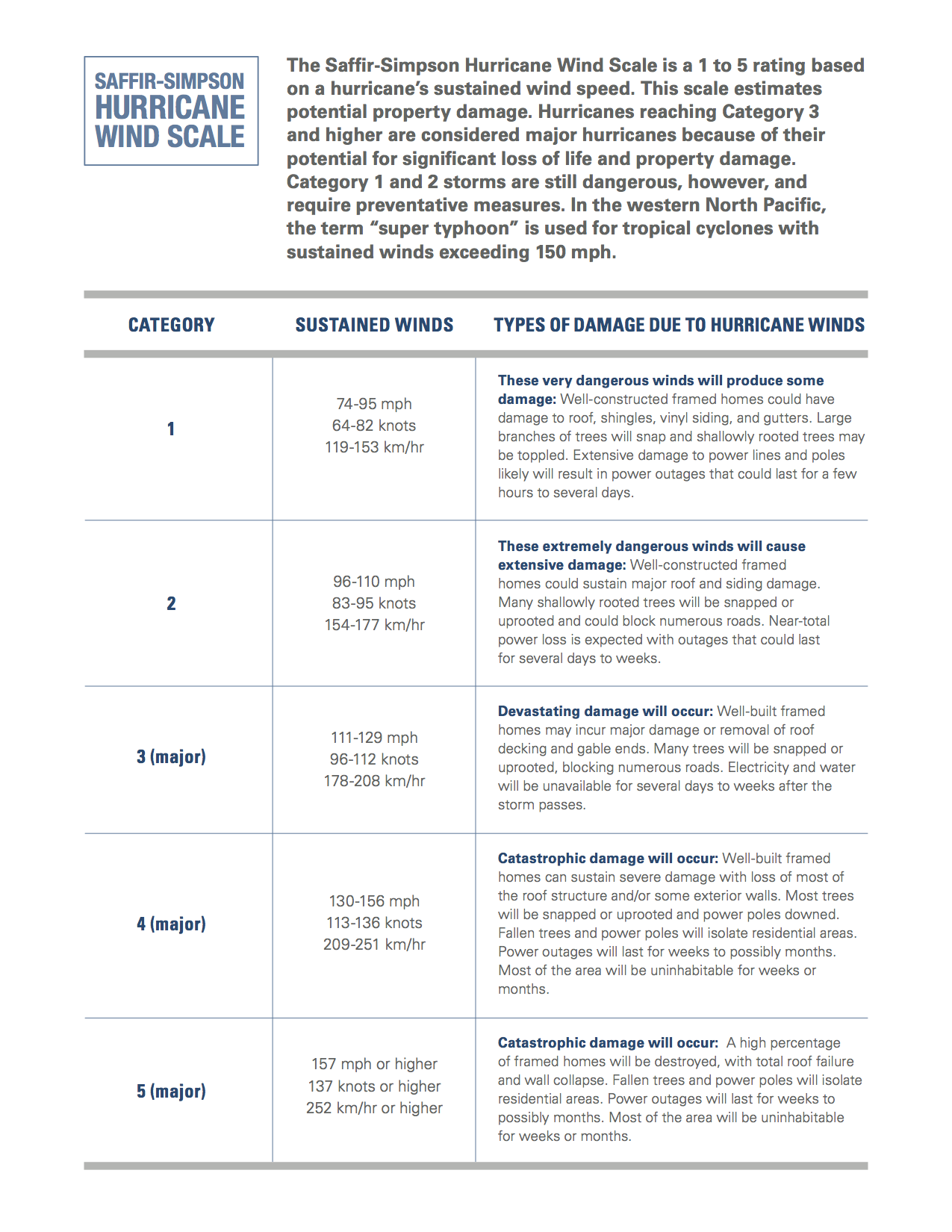Earlier today, Governor Pat McCrory declared a state of emergency for North Carolina in anticipation of Hurricane Matthew’s arrival later this week. Here are the best ways to prepare for the weather to come.
Prepare an emergency kit
One of the best ways to get a jump on an impending hurricane is to put together a stockpile of supplies. Keeping a hurricane kit handy will ensure that you and your family are prepared for any conditions to come. Your kit should include essentials like water, blankets, battery-powered or hand-crank radios and flashlights, and a first aid kit. Other important things to include are any necessary prescriptions and important documents. It is best to keep your supplies in a waterproof storage container.
Check your insurance coverage
Make sure you have current flood insurance, as most standard insurance plans do not cover flood damage. Ensure your car is stored in a secure building or garage away from the elements. Photograph any and all damage to your property in a timely manner and send your documentation to your insurance agent.
Make a plan
Before the storm hits, read up on what evacuation routes are available to you. Keep your mode of transportation ready in case evacuation is recommended and line up a place to stay in case you have to leave. The American Red Cross has a Shelter Finder app that you can download to tell you where there is space available, or you can text SHELTER and your zip code to 43362 (4FEMA). Solidify a plan for where to take shelter within your home. A windowless interior room on the lowest level of your home is generally the safest place. Make a plan with your family members for communication in case of an emergency. Keep a list of important contact numbers handy (i.e., local hospitals, American Red Cross, law enforcement, and fire and rescue teams).
Keep an eye on weather reports
Stay up to date with the latest weather coverage through your local news stations. Timely information is key. If necessary, local government will issue a notice to evacuate; take these very seriously. It is best to evacuate as soon as these are issued so that you are able to get out in a safe and timely manner and avoid potential dangers. Stick to the evacuation route, as other roads may be closed or blocked and will delay your evacuation. Do not try to drive through standing water! The depth can be deceiving and moving water can be very powerful. Do not return home until the area has been designated as safe. If you are caught at home during the storm, stay away from any glass exposed to the exterior. If your area is flooding, move to higher ground while you can.
Know your categories
Hurricane Matthew is currently designated as a Category 4 hurricane, which means that it is extremely powerful and has the potential to cause a significant amount of damage. Knowing what each category means will help you stay informed on the status of the storm.




